Diana María Salcedo López: ‘Women bring a unique perspective to conflict resolution’
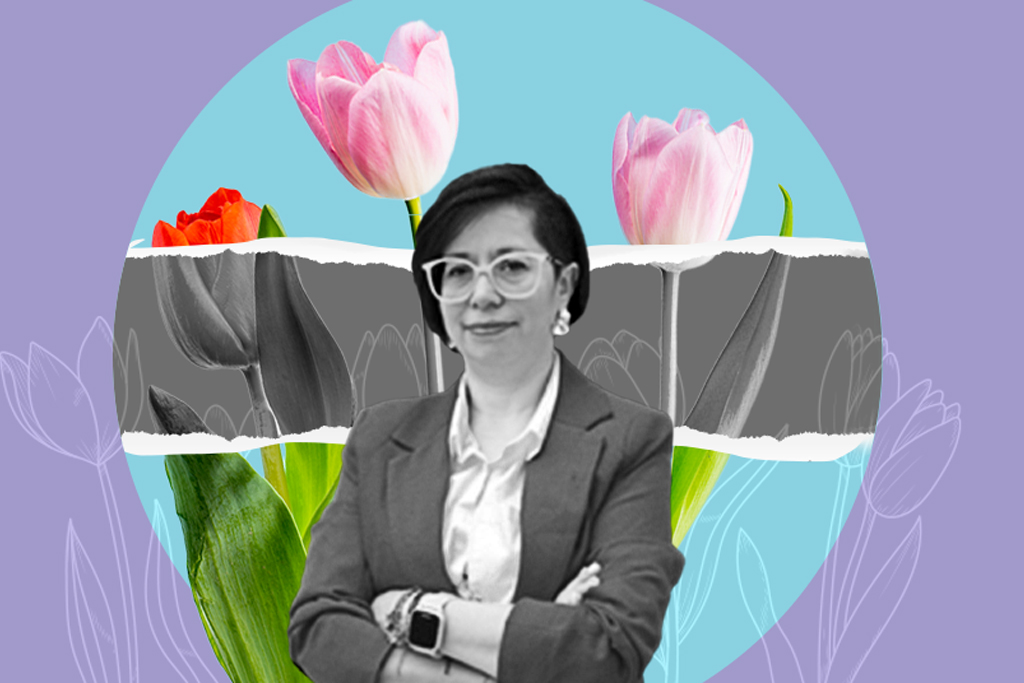
Civil society is a key player in leading peacebuilding processes, including the participation of women and feminist movements. We spoke with researcher and Amassuru member Diana María Salcedo López about some of the most significant experiences in Latin America and what the future might hold in a region in conflict.
Dr Magdalena Alcocer: ‘It’s time to re-evaluate the importance of criminal intelligence’
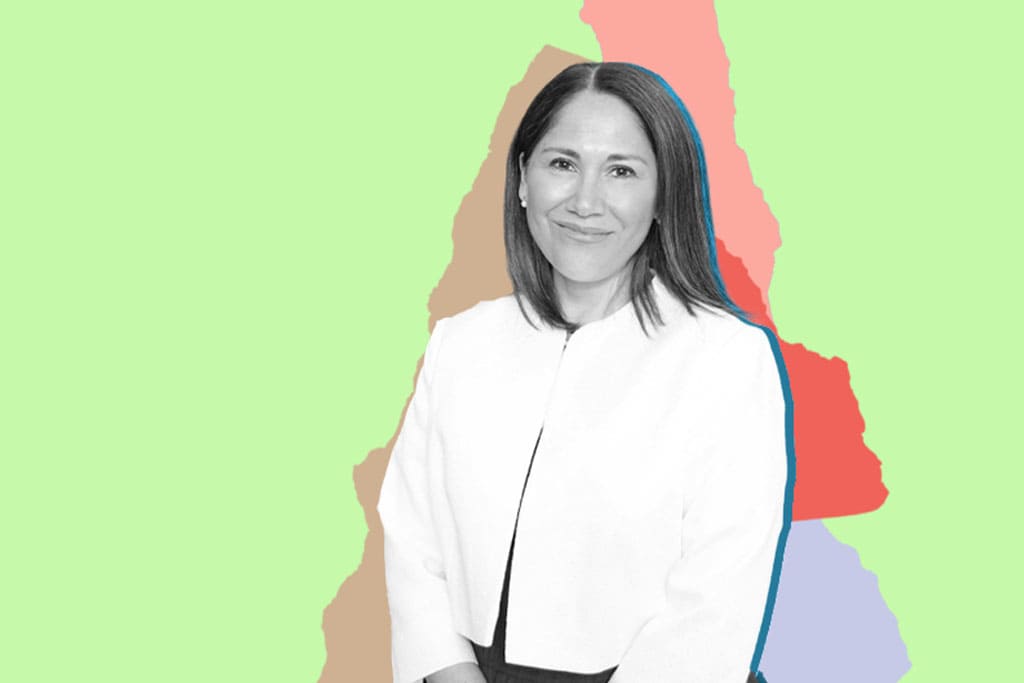
Security forces in Latin America are in crisis, overwhelmed by criminal organisations and the need to advance internal reforms, including addressing the lack of representation of women in these institutions.
Alejandra Freire: ‘Drug trafficking could not thrive without effective money laundering systems in place’
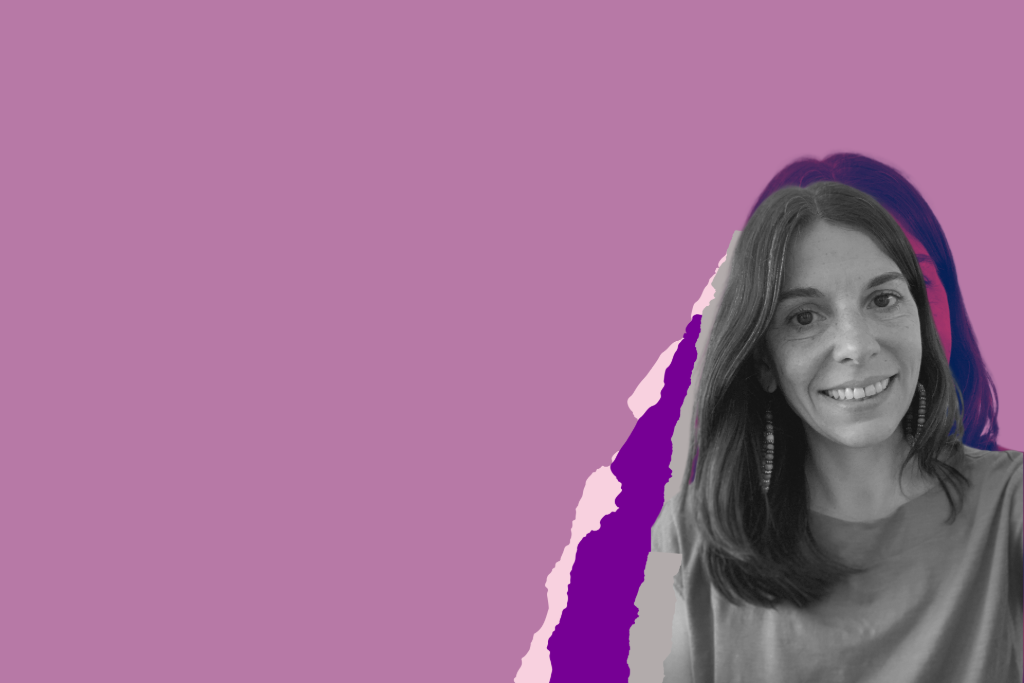
Money laundering, a key element of drug trafficking, often goes unnoticed, as does the role played by women in these operations. Alejandra Freire Explains.
Sabrina Calandrón: ‘For every registered arm there are at least two or three that are not registered’
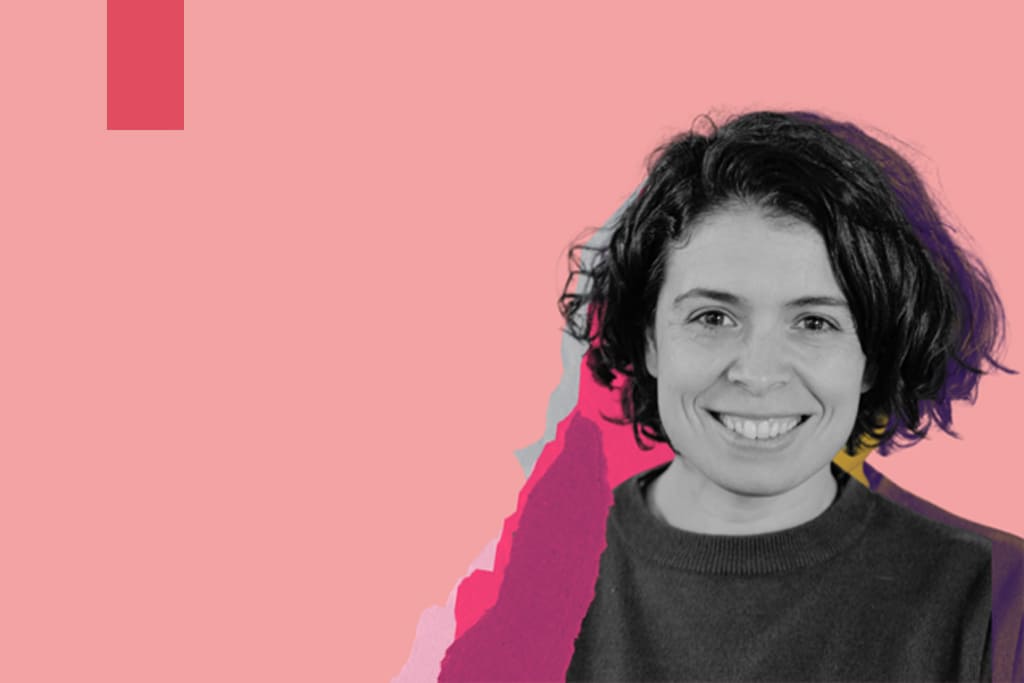
Arms trafficking powers all illegal markets in Latin America. Sabrina Calandrón analyses the effectiveness of policies to tackle it.
Karla Salazar Sánchez: ‘We must work to prevent women from ending up in prison and help them once they get out’

The director of FLACSO Costa Rica, Karla Salazar Sánchez, reflects on why women commit crimes and how the prison system fails them.
Carolina Sampó: ‘Society finds it hard to believe that a woman can lead a criminal organisation’
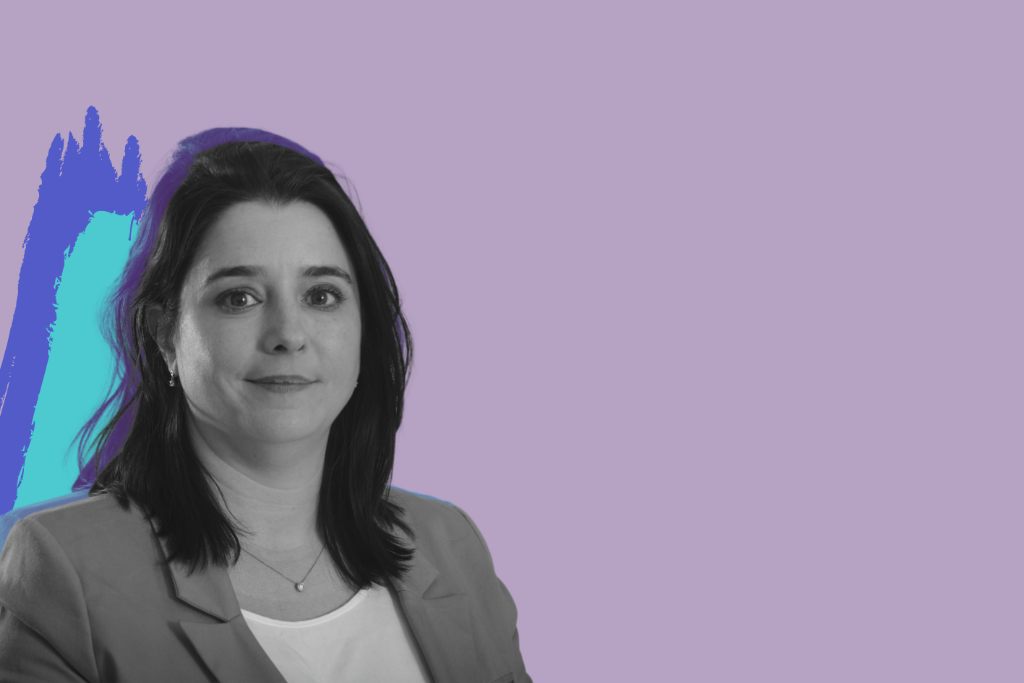
The analysis of the role of women in criminal organisations is permeated by stereotypes. Researcher Carolina Sampó reflects on how these impact on the way in which governments develop their approaches.
Douglas Farah: ‘Latin America is headed for a very difficult period’
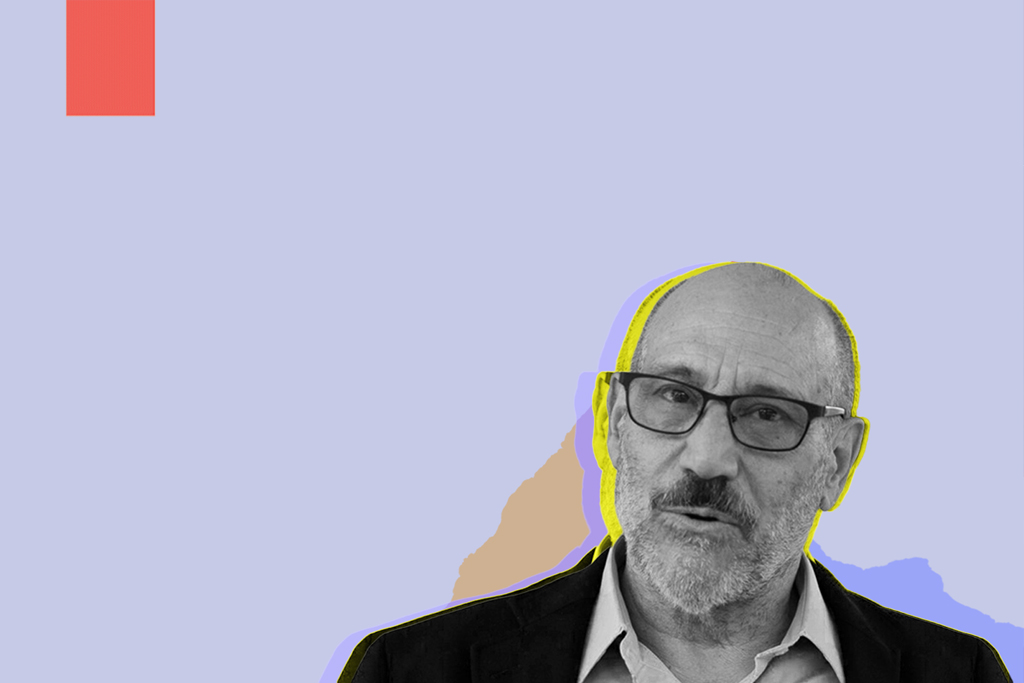
Investigative journalist Douglas Farah reflects on the evolution of crime, violence and the potential future scenarios in Latin America.
Camila Grigera Naón: ‘Women are a “blind spot” for the Argentinean justice system’
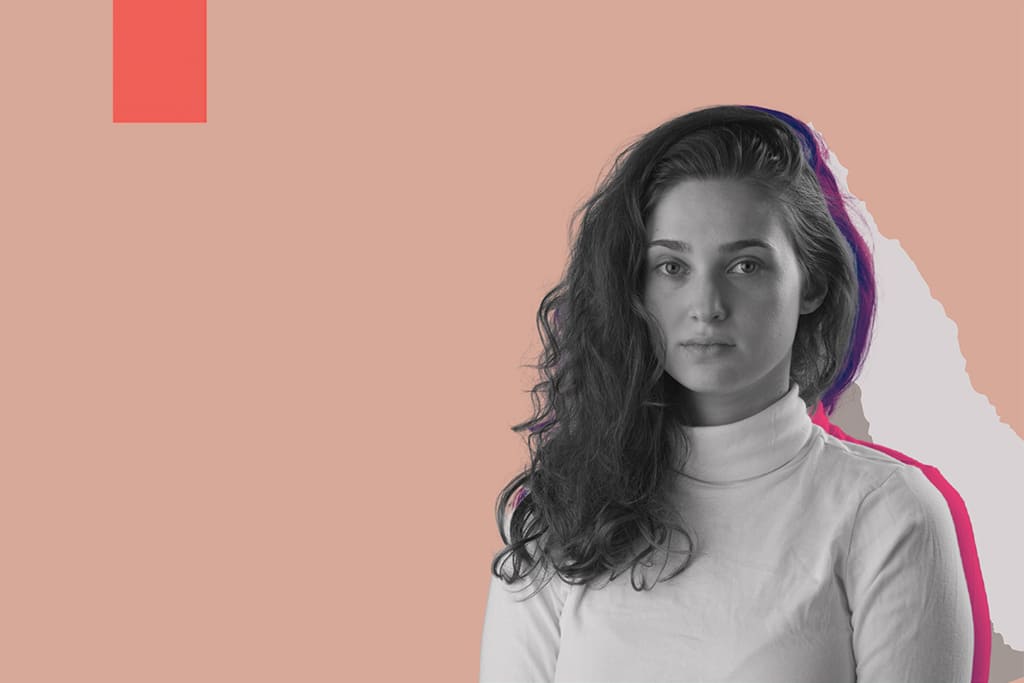
A new report revealed the problems behind the implementation of judicial reform to address drug trafficking cases in Argentina.
Rosana Gambacorta: They are not ‘narcos’, they are cold and hungry

For 30 years, Rosana Gambacorta has been defending vulnerable youth with a few grams of drugs in Rosario, Argentina. She says prison exacerbates the problem.
John Walsh: ‘The fentanyl crisis encapsulates the horrors of the prohibition regime’

As illicit drug use and the some of the risks associated with it rise around the world, alternative approaches to public policy, including those that focus on harm reduction rather than criminalisation, are gaining momentum. We spoke to John Walsh about what this means and what might come next.
Pien Metaal: ‘A global consensus on drugs feels further away than ever’
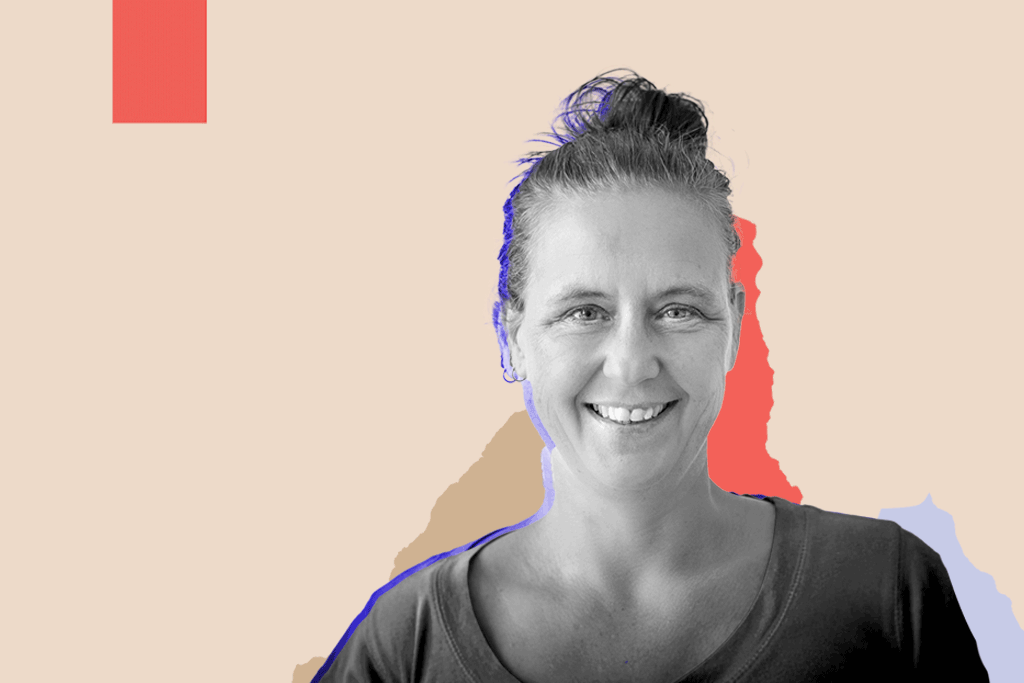
While some say the “war on drugs” leads to widespread human rights violations, others claim it is the only way to combat powerful crime organisations. Meanwhile, nothing seems to be working to stop the expansion of illicit drugs, which are as popular as ever. We spoke to an expert about the present, and the future, of a complex debate.
Adam Isacson: ‘You can’t have organized crime decide how many people cross the Darien Gap’
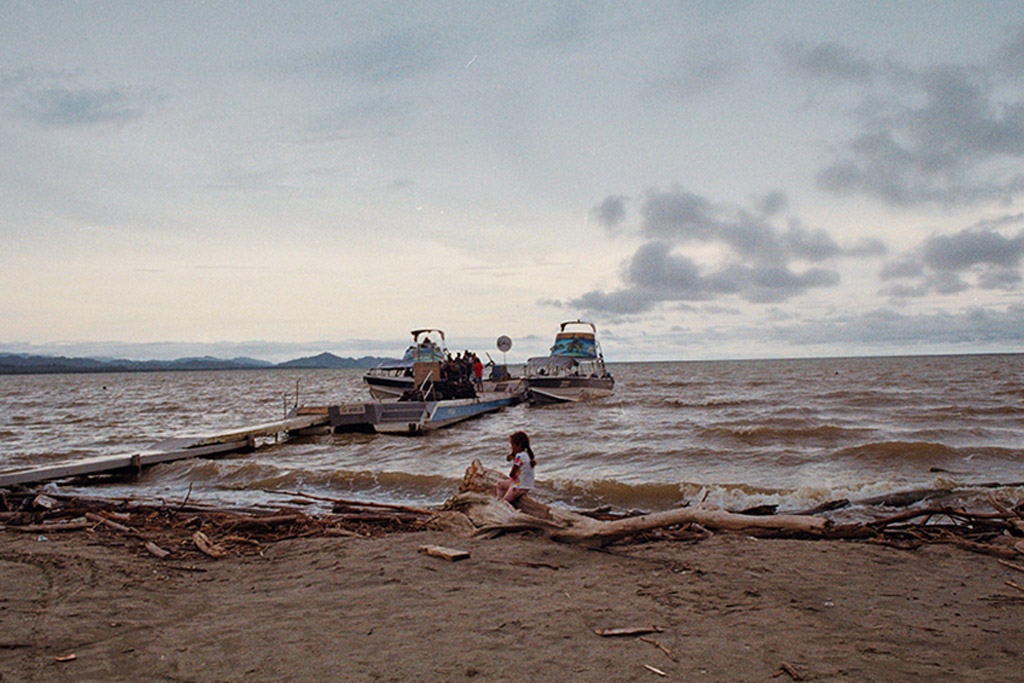
The last decade has seen an explosion in the number of people attempting to cross the Darien Gap, as they flee poverty and violence.
